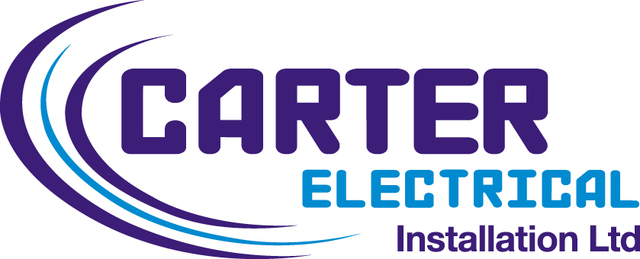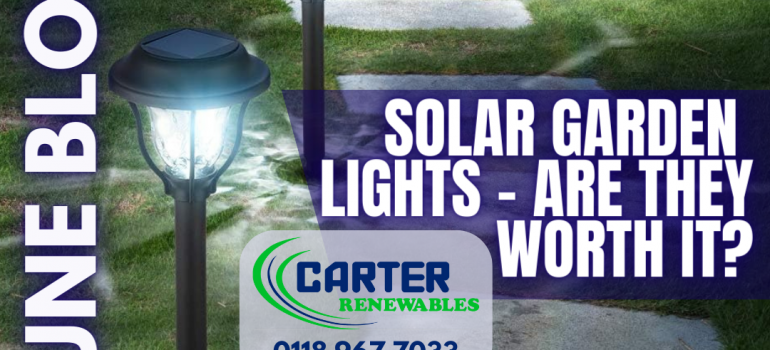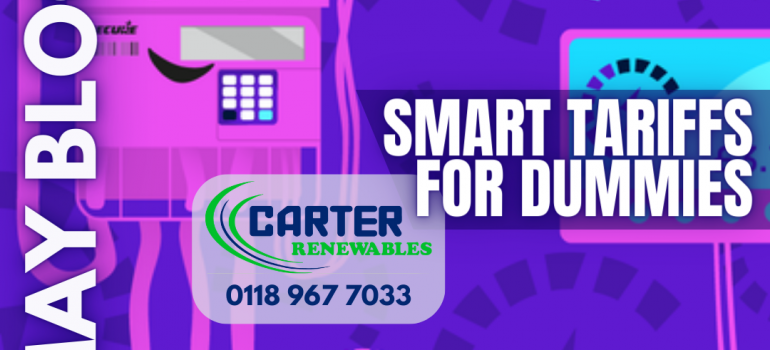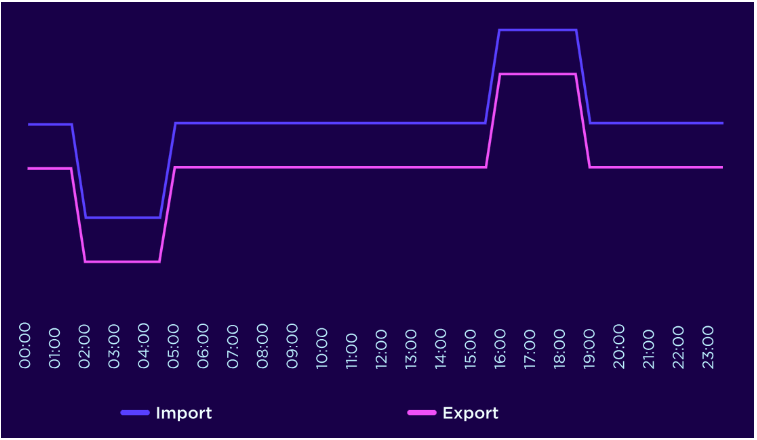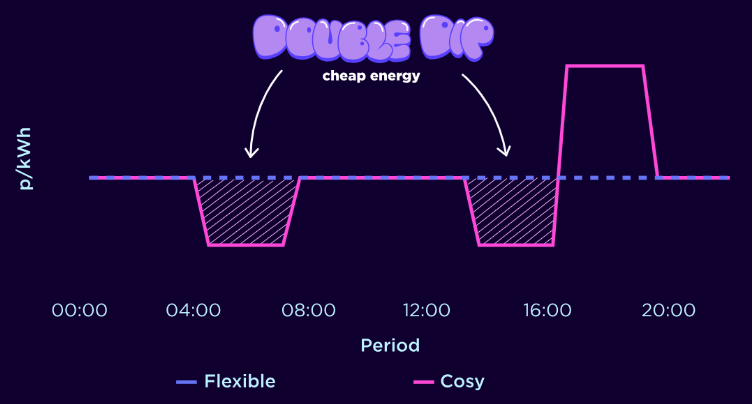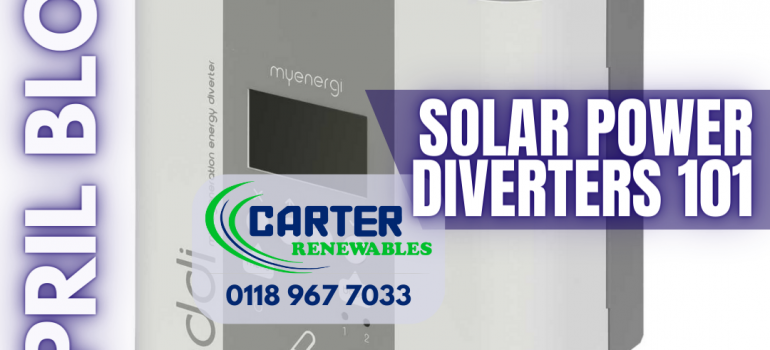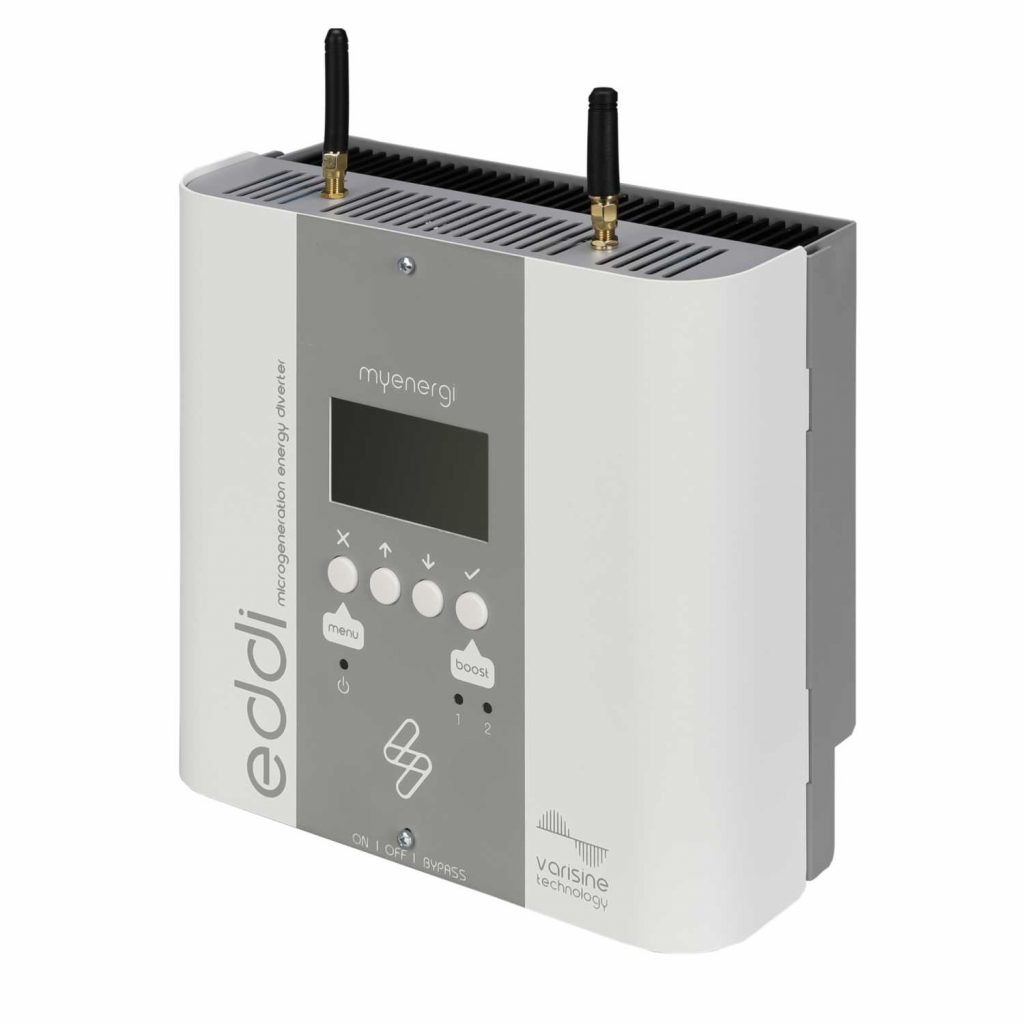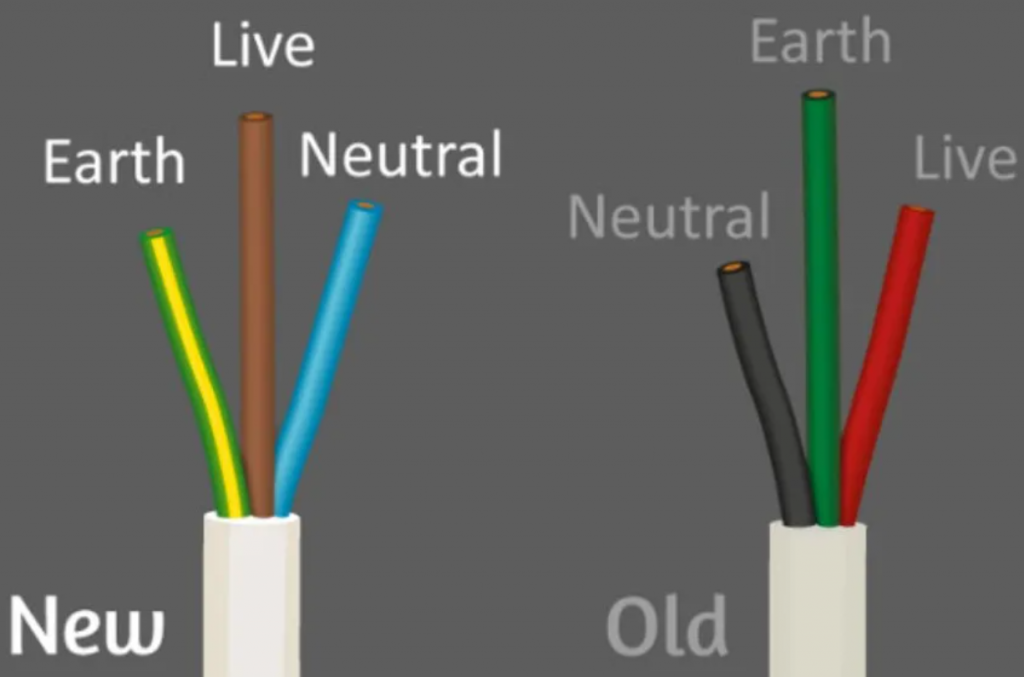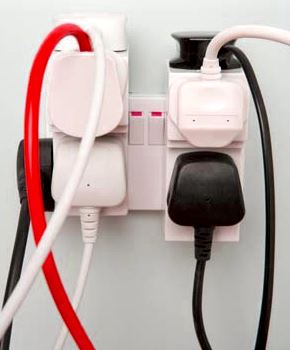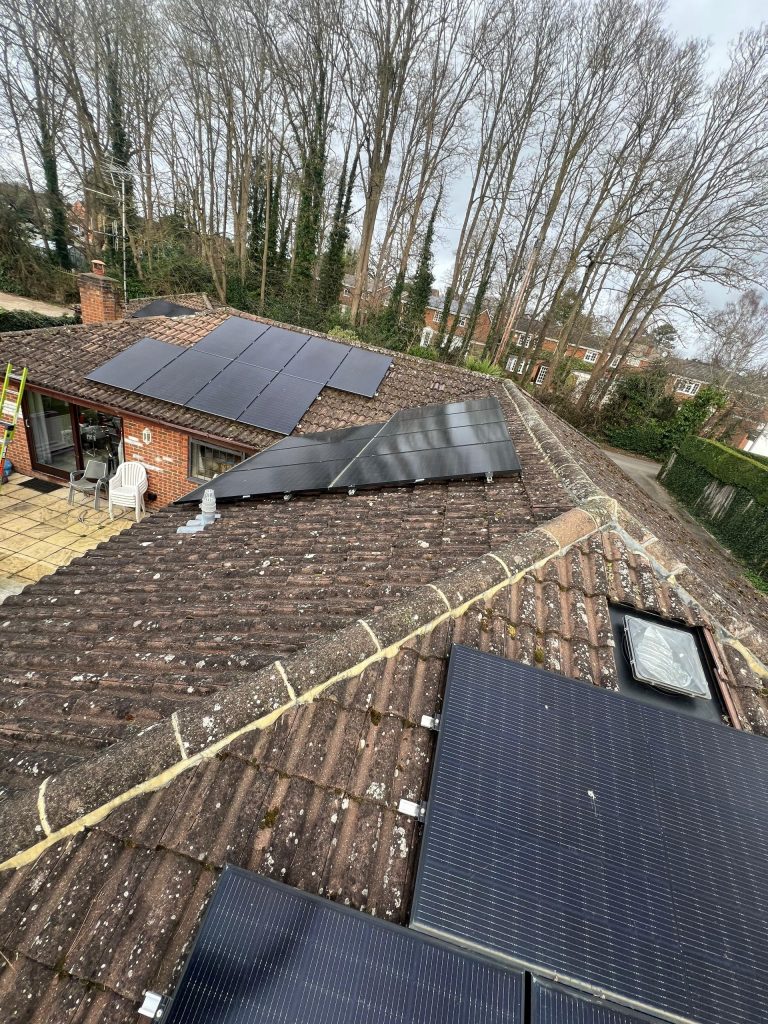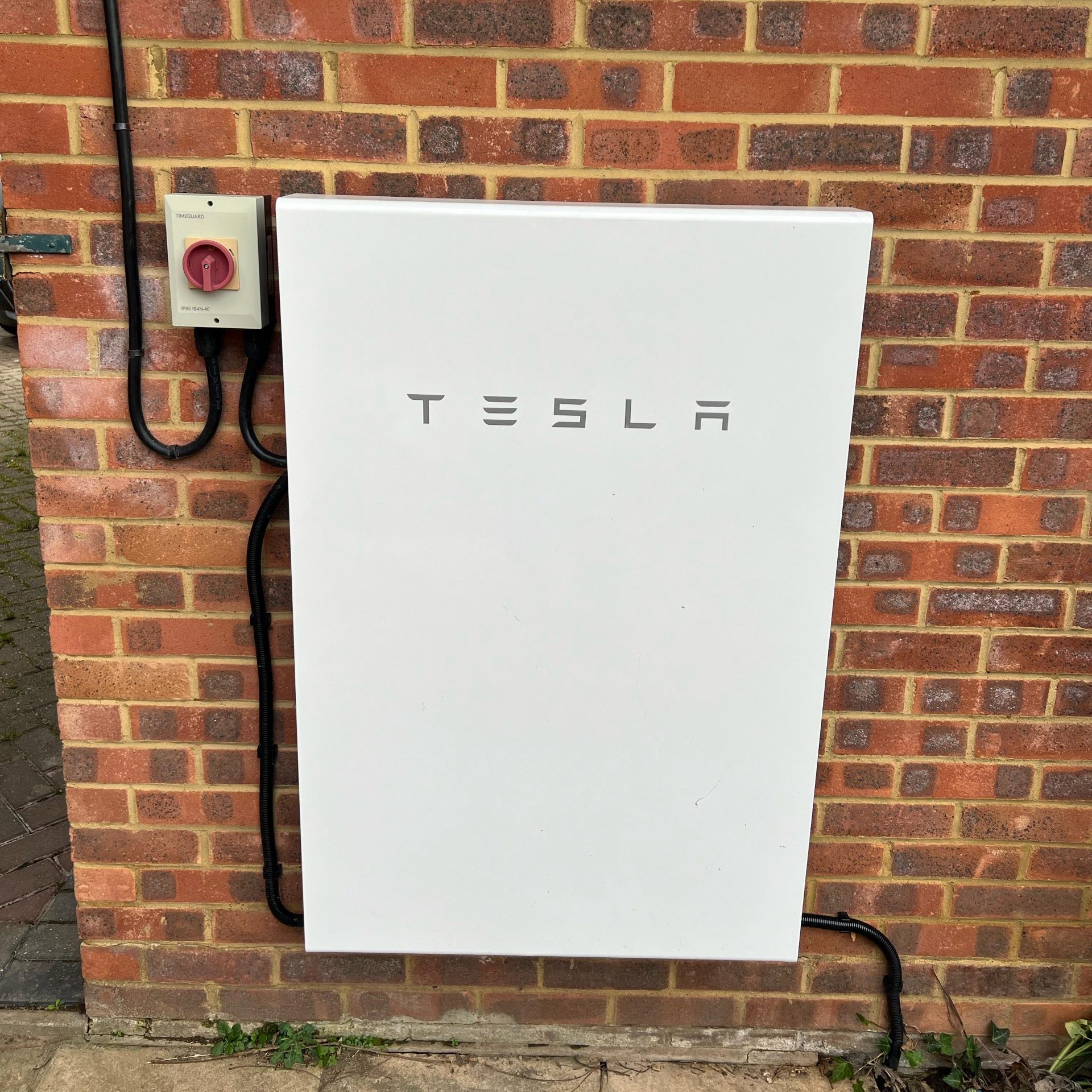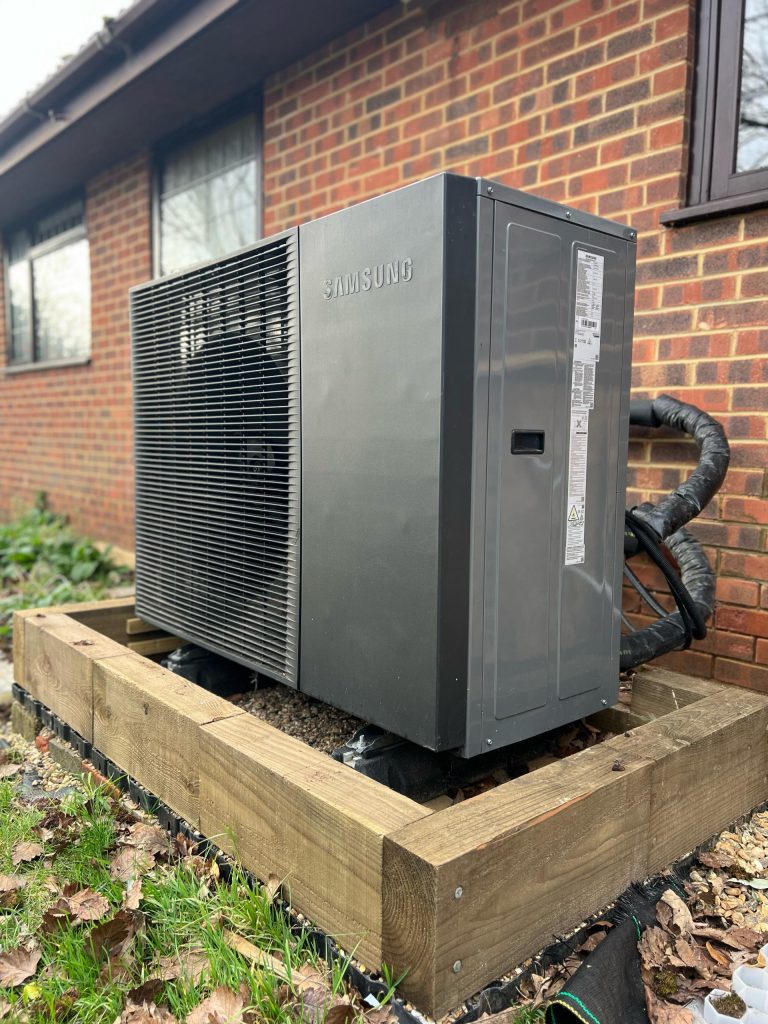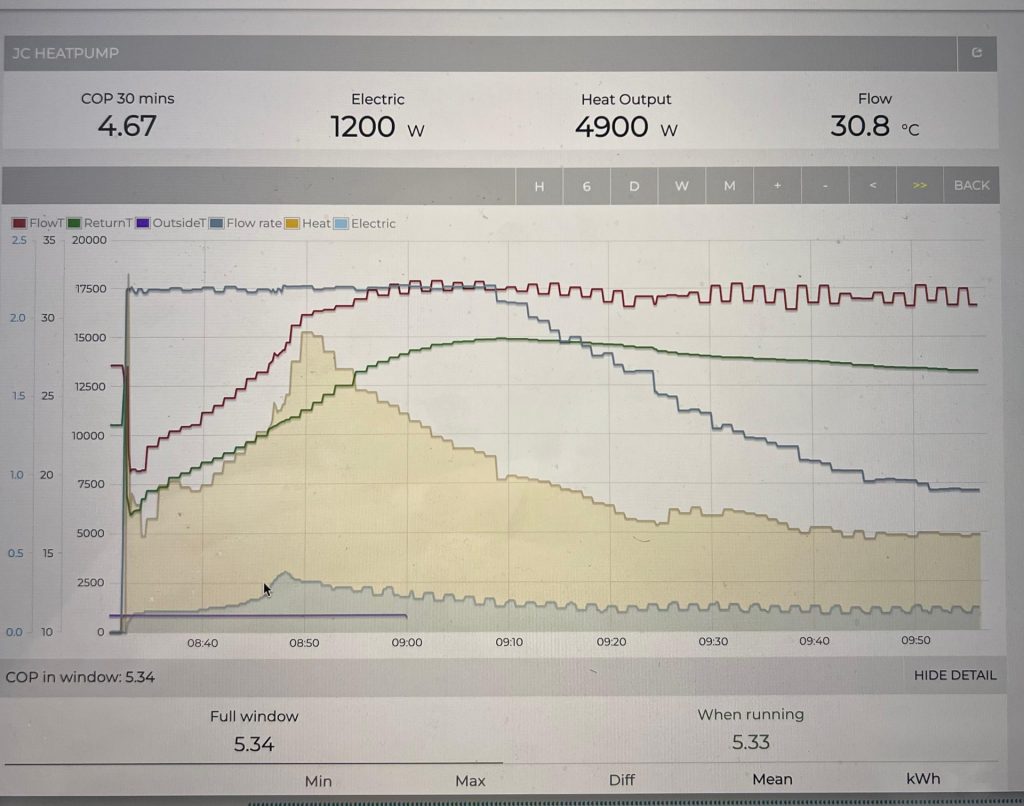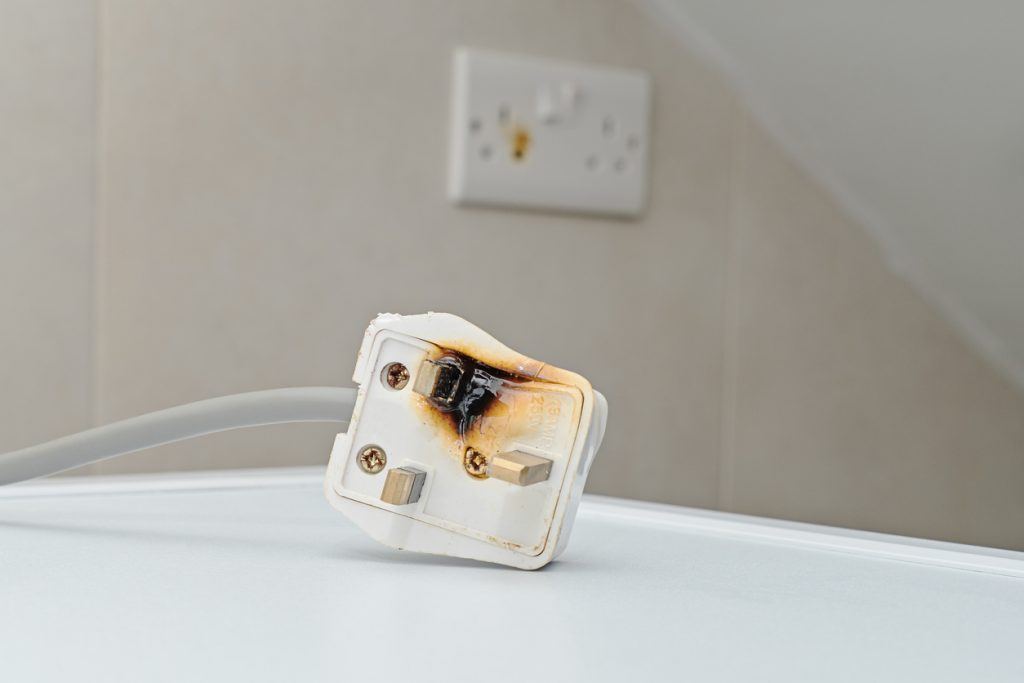Solar Garden Lights | Are They Worth It?
Solar garden lights have become increasingly popular as a sustainable and cost-effective way to illuminate outdoor spaces. They harness energy from the sun to power LED lights, offering an environmentally-friendly alternative to traditional electric lighting. Today we explore the advantages and disadvantages of using solar garden lights, so our customers can make an informed decision based on their location, affordability and usage.

Pros of Solar Garden Lights
- Environmentally Friendly: Solar lights utilise solar energy, a renewable and abundant resource, reducing reliance on fossil fuels. By generating power from the sun, solar lights help decrease greenhouse gas emissions and pollution.
- Cost-Effective: Solar lights operate independently of the power grid, eliminating electricity bills associated with outdoor lighting. Once installed, solar lights require minimal maintenance, saving time and money in the long run.
- Easy Installation: Solar lights are wireless, making installation simple and safe without the need for electrical expertise. They can be installed in various locations, without concern for proximity to power outlets.
- Safety: Solar lights typically operate at low voltage, reducing the risk of electrical hazards. Most solar lights come with sensors that automatically turn the lights on at dusk and off at dawn, enhancing convenience and security.
- Aesthetic Appeal: Available in numerous styles, colours, and shapes, solar lights can enhance the aesthetic appeal of gardens and outdoor spaces.
- Recyclable parts: Garden solar lights are made up of solar panels, batteries, LED lights, and plastic casings, all of which can be separated and recycled appropriately. Recycling these components allows for the recovery of valuable materials and reduces the environmental impact of electronic waste, and some suppliers even offer their own recycling programs. If you’re local to Reading, check out re3, where you can check the recyclability of almost every household item, including garden solar lights!
Cons of Solar Garden Lights
- Dependence on Sunlight: Solar lights depend on sunlight to charge, which can be inconsistent due to weather conditions, geographic location, and seasonal changes.In addition to this, shorter daylight hours and overcast skies during winter can significantly reduce the performance of solar lights.
- Initial Cost: Although costs have decreased, the initial purchase price of quality solar garden lights can be higher compared to traditional lighting options.
- Light Intensity: Solar lights generally produce less intense light compared to wired electric lights, which may not be suitable for areas requiring strong illumination.
- Battery Lifespan: The rechargeable batteries in solar lights typically last 1-2 years before needing replacement, which incurs additional costs and maintenance.
- Durability Issues: Prolonged exposure to harsh weather conditions can damage solar lights, affecting their longevity and performance. There is also a wide range of product quality on the market, and lower-quality solar lights may fail prematurely or underperform.
- Recycling Difficulties: Although individual components of solar lighting can be recycled, this can be a time-costly exercise by the customer, as very few recycling centres recycle the lights as a whole unit. Putting unwanted or broken solar lights into general waste collections, or disposing via incineration is extremely harmful to the environment, due to the hazardous materials solar lights contain, such as batteries and bulbs.
Solar garden lights offer a sustainable and cost-effective solution for outdoor lighting, with significant benefits such as environmental friendliness, ease of installation, and aesthetic versatility. However, their dependence on sunlight, initial cost, and variable performance can pose challenges. Although billed as an eco-friendly option for garden lighting, solar garden lights are not widely recyclable as whole units, posing issues for the more eco-conscious consumer. Careful consideration of these factors will help determine if solar garden lights are the right choice for your specific needs and environment. By understanding both the advantages and drawbacks, our clients can make informed decisions about integrating solar garden lights into their outdoor spaces, contributing to a more sustainable future while enhancing their garden’s ambiance.
